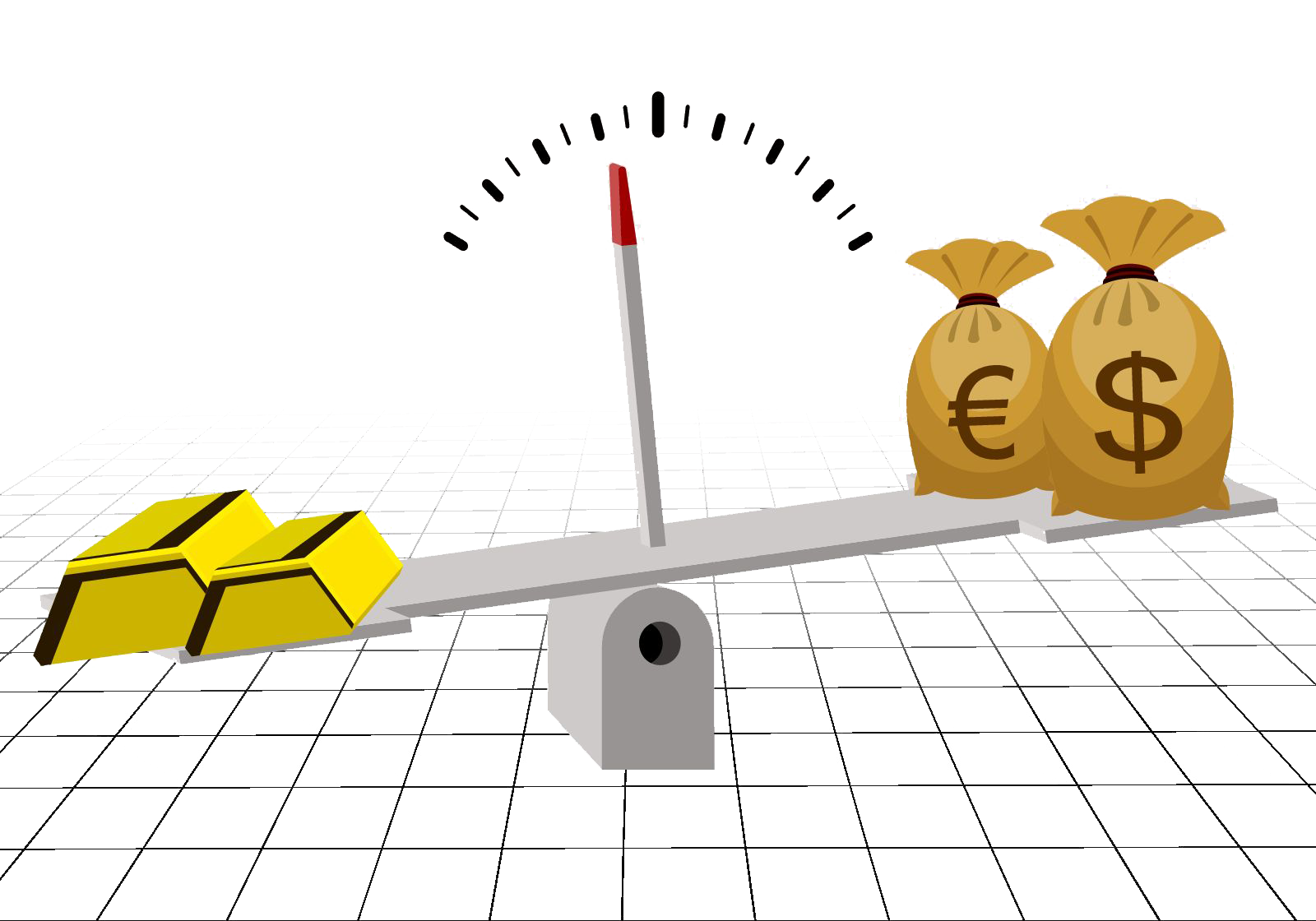Examples that illustrate the loss in value of paper money
In 1906, a tailored suit cost $ 20. You could pay him with paper money or a $ 20 gold coin (one ounce). At that time, every note in circulation was 100 percent gold. In 1971, this so-called gold standard was dissolved and inflation began. Today, you would just get a tie for $ 20 in bills. However, the bespoke suit could still be paid with the ounce of gold.
China had forbidden gold ownership with Mao Tse Tung in 1949. This ban was valid for 55 years. Today, the Chinese are allowed to buy gold again. In the first quarter of 2013 alone, they bought 534 tonnes of gold. The annual world production of all gold mines is around 2,600 tons.
Precious metals remain valuable. Gold continues to play a major role in the international monetary system as well. For example, many emerging market central banks stored a total of 538 tonnes of gold in 2012 alone. These extremely long-term deposits show the high demand for security and that gold is still considered the safest currency worldwide.
Turbulence, such as in Greece and Cyprus, where there was less money but savers were involved in banks' losses, has alarmed many people. Banks and governments print more and more money for no return and pump it into the market almost without interest. This not only leads to a massive loss of value of money, but also has a significant impact on printed investment forms, such as bonds. Moreover, the way Cyprus has been trying to deal with savers is a blueprint for Europe. Section 47 KWG (Banking Act) already regulates the participation of savers. In Germany, not even a new law has to be passed.



